Panel Discussion
Supercomputing for Sustainable Development: Opportunities and Challenges
The panel session will explore how supercomputing can be utilized to help address the 17 UN Sustainable Development Goals (SDGs), which underpin the 2030 Agenda for Sustainable Development, adopted by all UN member states in 2015. Examples of how supercomputing is already being used in this regard include its application to:
- Renewable energy
- Drug discovery
- Medical device design
- Climate modelling
- Ocean modelling
- Nuclear fusion
- Desalination
Moderators
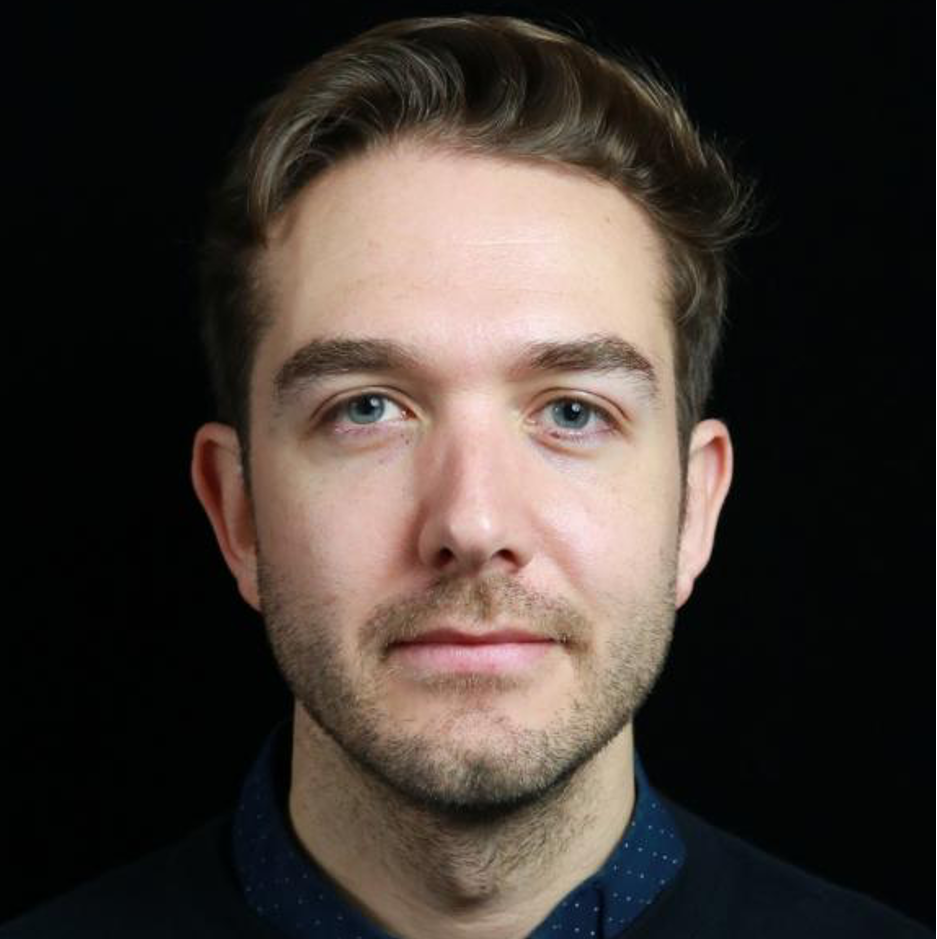
Neil Ashton is a Distinguished Engineer at NVIDIA, with a specific focus on Computer-Aided Engineering (CAE). Prior to NVIDIA, he was the WW Tech Lead for CAE at Amazon Web Services. Previous to these positions he was a Senior Researcher within the Department of Engineering Science at the University of Oxford developing novel high-fidelity CFD methods. Dr. Ashton also worked in Formula 1 with the Lotus F1 team (now Alpine F1) and the FIA on the 2022 technical regulation changes. He is a Fellow of the Institution of Mechanical Engineers, has published over 50 papers, and is an active contributor in international workshops such as the AIAA High-Lift Prediction Workshop and Automotive CFD Prediction workshop series, which he created in 2019. He’s also passionate about explaining science and engineering to the general public and also hosts a podcast interviewing some of the luminary engineers and scientists in the fields of CAE, HPC and ML. Neil earned his MEng and Ph.D. in Aerospace Engineering from the University of Manchester, UK.
Panelists
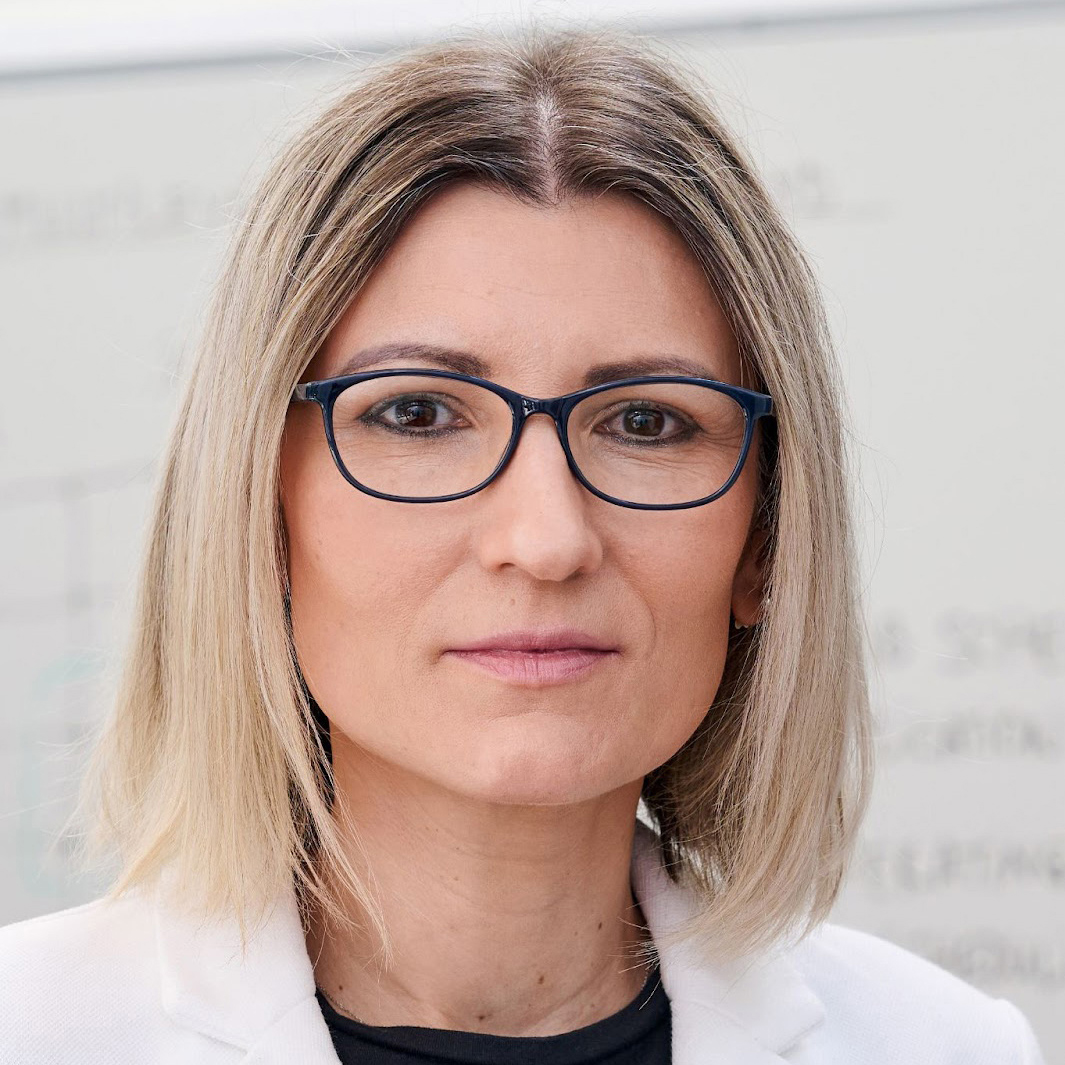
Florina Ciorba is an Associate Professor of High Performance Computing at the University of Basel. She was a senior scientist at TU Dresden (2010-2015) and a postdoc at Mississippi State University (2008-2010). She earned her Ph.D. in Computer Engineering from NTUA, Greece, in 2008. Florina and co-authors won best paper awards at Cluster 2019, IPDPSW ParLearning 2014, ICPDC 2014, and ISPDC 2011, 2023. She is a member of ACM (Life & Senior), IEEE, SPEC HPG, HiPEAC, and DISCOVER-US, and a founding member of IDEAS4HPC – a Swiss Chapter of WHPC. Her research focuses on scalable performance optimization, system and application observability and data analytics, and security in HPC.
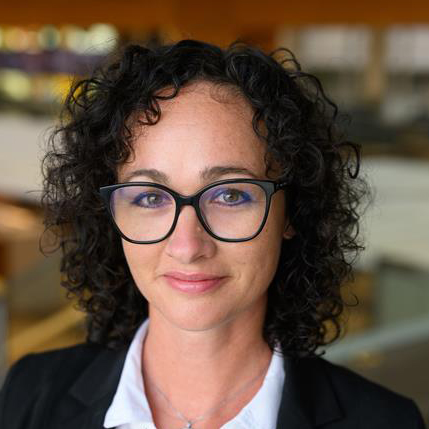
Sally Ellingson is a computational scientist at the University of Kentucky’s Markey Cancer Center in Lexington, KY USA, specializing in high-performance computing, computational biology, and biomedical data science. She obtained her PhD in Genome Science and Technology from a joint program with the University of Tennessee and Oak Ridge National Laboratory. Her research focuses on computational drug discovery, social determinants of health, and the application of large-scale computational methods to oncology. She is currently designing experiments to evaluate large language models in clinical reasoning tasks. Outside of work, she enjoys trail running, backpacking, and cycling.
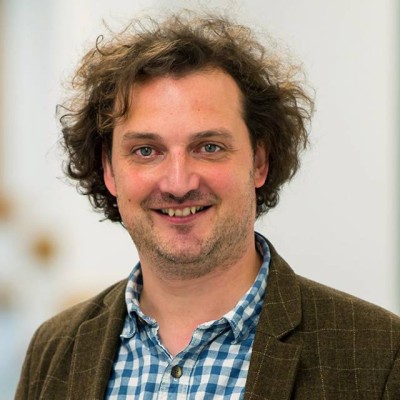
James Hetherington is Pro-Vice Provost for the Grand Challenge of Data Empowered Societies, Professor of Computational Science, and Director of the Advanced Research Computing Centre at UCL. He has led national work on digital research infrastructure at UKRI, research engineering at the Turing Institute, and pandemic modelling at the UK Joint Biosecurity Centre. He founded UCL’s Research Software Engineering Group and hold a PhD in theoretical physics from Cambridge. His work spans digital twins, machine learning, research computing, and the systems that underpin modern computational science.
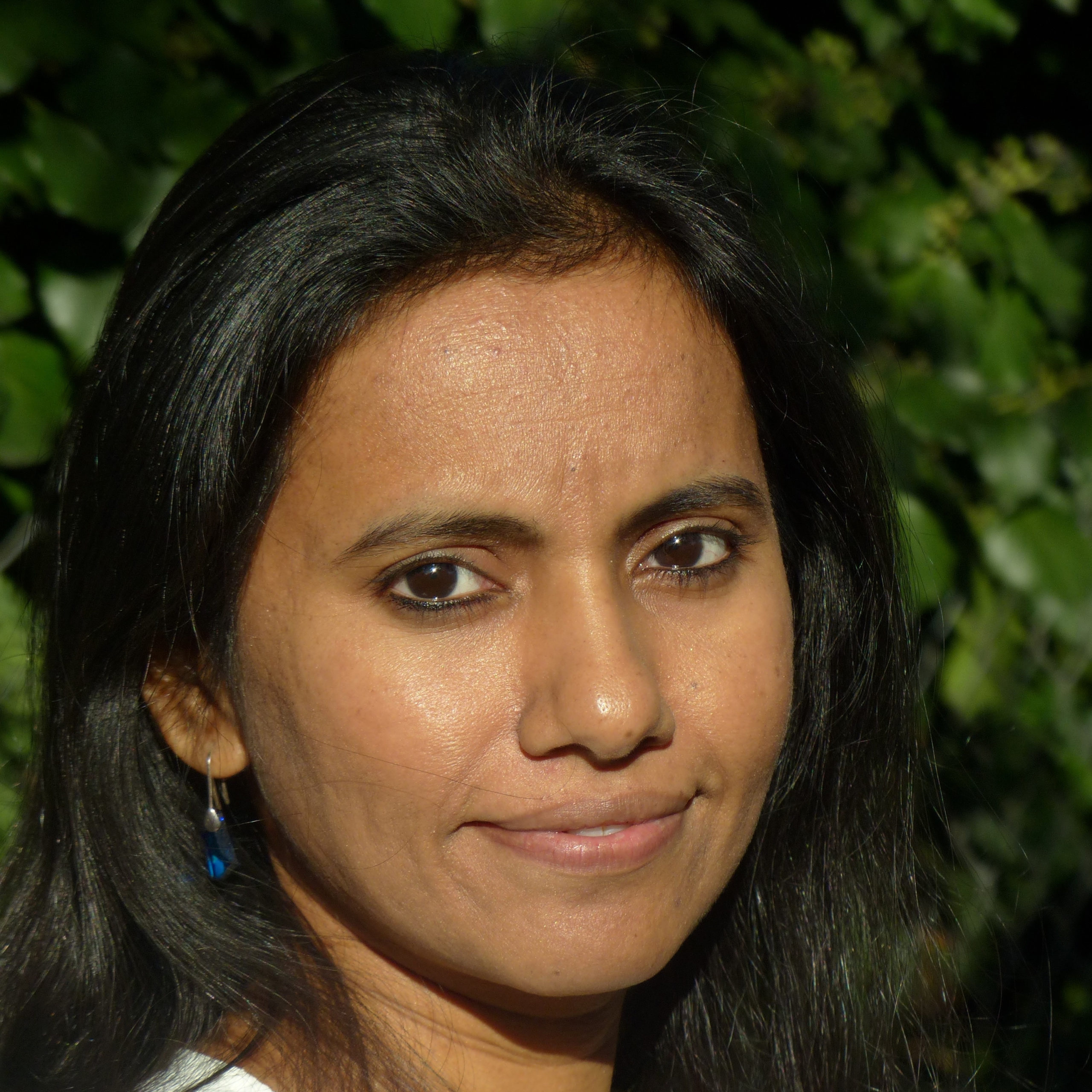
Hindumathi Palanisamy, an oceanographer specialized in sea level science is a Scientific Officer for World Climate Research Programme in the World Meteorological Organization (WMO).
In this role, she serves as the Secretariat’s focal point for three of WCRP’s core activities focusing on ocean, atmosphere and land Earth system components – CLIVAR, APARC and GEWEX projects along with activities related to hydrology and ocean. Additionally, she also coordinates the Global Precipitation Experiment (GPEX) and Research on Climate Intervention Lighthouse Activities of WCRP.

